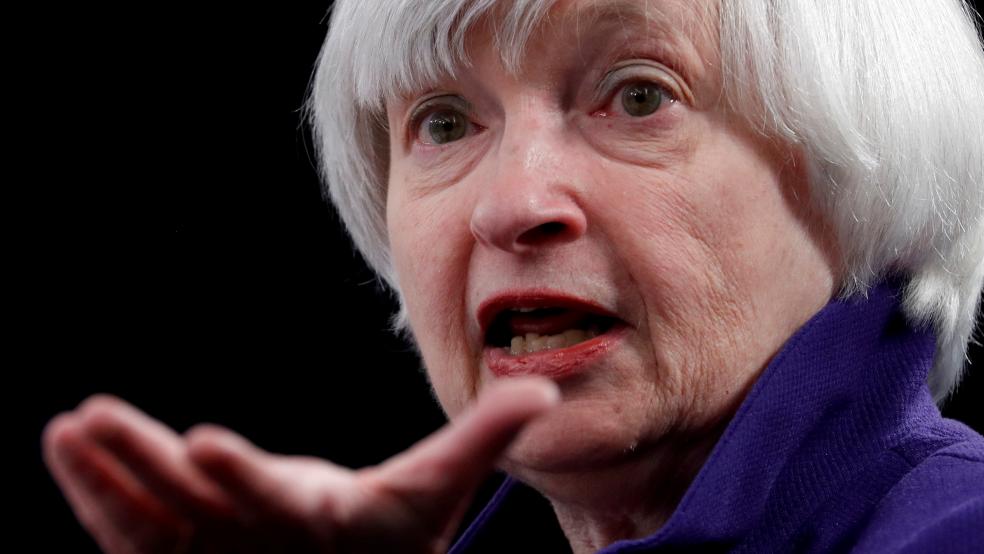A group of 130 nations has agreed on the broad outlines of a global minimum tax on corporations, a major milestone in the Biden administration’s effort to overhaul the tax system and generate more revenues for domestic spending.
In a statement, Treasury Secretary Janet Yellen said the agreement marks a “historic day for economic diplomacy” that will help ensure that corporations pay their “fair share” to support investment in public goods like infrastructure and education.
“For decades, the United States has participated in a self-defeating international tax competition, lowering our corporate tax rates only to watch other nations lower theirs in response,” Yellen said. “The result was a global race to the bottom: Who could lower their corporate rate further and faster? No nation has won this race.”
The Organization for Economic Co-operation and Development, which hosted the negotiations, said that the plan could generate about $150 billion a year in new tax revenues.
A key part of the Biden agenda: President Biden has proposed raising the domestic corporate tax rate, from 21% to 28%, and the White House is hoping that a global agreement on minimum taxes would help prevent U.S. companies from fleeing in search of lower rates.
Plenty of work left to do: The agreement means that the 130 countries, which include all of the advanced Group of 20 nations, will seek to pass laws that require multinational corporations with revenues of at least $24 billion to pay a minimum tax of 15% on earnings in each nation in which they operate.
But many technical details still need to be hammered out, and resistance to the tax plan could slow or derail the process in any number of countries. In addition, several key players in the current international tax reduction system, including Ireland and Hungary, have not signed on, though the agreement attempts to address the problem of non-participation by billing parent companies for the taxes below the minimum paid in tax haven jurisdictions.
Opposition to the plan could be fierce in some countries, not least in the U.S. The Wall Street Journal editorial board recently dismissed the idea of a “global race to the bottom” in corporate taxation as a “figment of the progressive imagination” that threatens to undo years of pro-business tax reform. Taking a slightly different tack, Sen. Pat Toomey (R-PA), who sits on the Banking, Budget, and Finance committees, recently embraced the “race to the bottom,” but not in the way Secretary Yellen would necessarily understand.
“‘Race to the bottom’ is the way the Biden administration describes competition among developed countries to get to a tax code that attracts investment and maximizes growth,” Toomey said. “It is a race we should be leading, not trying to prevent.”
What’s next: G20 finance ministers are expected to sign the agreement in Venice next week, and national leaders are expected to affirm it at a summit in October, with the goal of implementing the new system in 2023.




